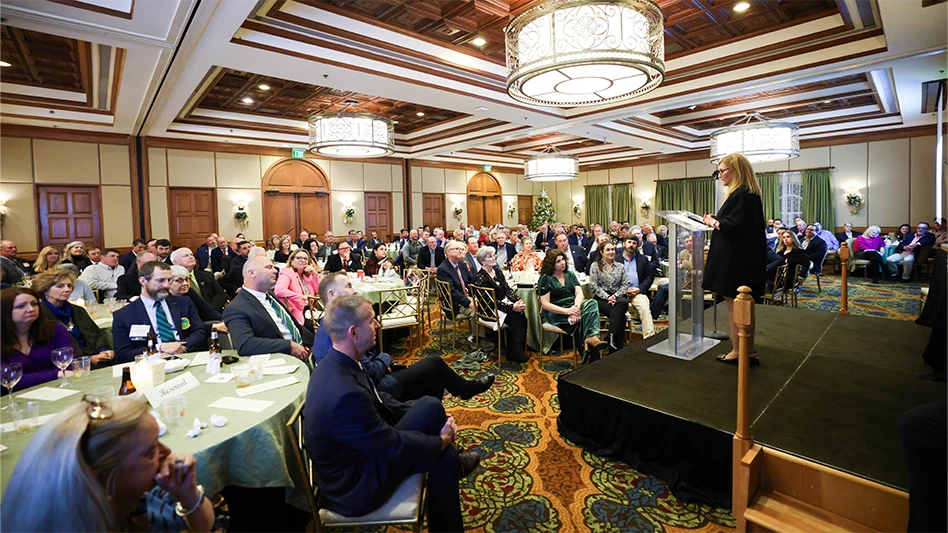| High achievers... go-getters... type-A personalities... Whatever you call them, one thing is certain: these people want to do it all, and they want to do it all… right now. While having many lofty and simultaneous goals is a good thing, doing too many things at once can make you feel overwhelmed and stressed out. There just never seems to be enough time to make everything happen. But that doesn’t stop high achievers. They are determined to make everything happen, even if doing so ruins their day and everyone else’s in the process. The answer to getting everything done isn’t about doing less, especially since high achievers gain great happiness from getting many things accomplished. They’re determined to do whatever it takes to meet their objectives. Rather, this is about having a system in place that can simplify the process of doing many things fast – one that will bring you progress as well as peace. If you’re ready to supercharge the completion of your to-do list without becoming overwhelmed or alienating others, the following five-step process will help you get it all done, with less stress and greater results. 1. Make a mess If you’re like most high achievers, you likely have numerous sticky notes, lists, files, piles, papers and a host of other items spattered around your office, on your desk, and in your computer. Each one is meant to help you move forward to reaching your goals. However, as the piles and files grow, they become overwhelming -- no matter how neatly you may have them organized. Therefore, begin by getting all of your ideas and notes in one place. Make a big pile of all the papers and items in the middle of your office floor or on your desk. Don’t leave anything out. 2. Sort and purge Now it’s time to roll up your sleeves and start digging. Go through your pile of stuff and look at each item to determine what you should keep and what you can toss. For each item, ask yourself, • Is this idea or information still important to me? • Can I retrieve this information from elsewhere should I ever need it? • Is this information duplicated somewhere else? • Will this information or idea help me reach one of my goals? As you decide which items to keep, put them in separate piles or files as they relate to a particular goal or task. 3. Organize your list Look through all your “keep” papers and ideas to get clear on which goals are truly important to you and what steps you need to take. Put all your ideas and action items into one organized list, preferably on one page. You don’t have to painstakingly detail every action step at this point; the objective is to simply create one coherent to-do list rather than have multiple ones floating around your office. 4. Rank the list in chronological order Redo your list one more time, now paying special attention to the order in which you feel you should do things. At this point, you can also add more detail to your action items. In other words, you can list not only what to do, but also how to do it, who to call for help, which resources you may need, etc. You may feel as if you’re wasting time here by going over the same tasks, but trying to rank your initial ideas in chronological order is difficult until you can see them all on paper at once. 5. Get going! Now that all your ideas are organized, all you have to do is take action and tick off the tasks as they’re completed. No more thinking, planning and organizing; it’s already done. And most important, no more confusion of what to do when. Just look at the list, take the top task, and knock it out. What could be easier? Mission complete. This process works for a variety of scenarios, including special event planning, home and family goals, work and business projects, as well as long-range strategizing for professional and personal objectives. And while it’s designed for high achievers who tend to have many high priority tasks going on at once, it works for anyone who simply wants to end the stress and chaos of having incomplete tasks hanging over their heads. By taking the time to complete this five-step process, you can finally meet all your goals and achieve the results you want. GCI Joelle K. Jay, Ph.D. (http://joellekjay.com/) is an executive coach specializing in leadership development and the author of The Inner Edge: The 10 Practices of Personal Leadership. |

Explore the July 2011 Issue
Check out more from this issue and find your next story to read.
Latest from Golf Course Industry
- Advanced Turf Solutions and The Aquatrols Company release soil surfactant
- Heritage Golf Group acquires North Carolina courses
- Editor’s notebook: Green Start Academy 2024
- USGA focuses on inclusion, sustainability in 2024
- Greens with Envy 65: Carolina on our mind
- Five Iron Golf expands into Minnesota
- Global sports group 54 invests in Turfgrass
- Hawaii's Mauna Kea Golf Course announces reopening





